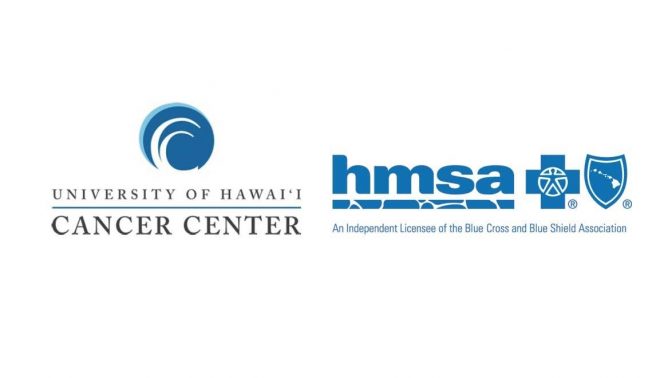By Staff Reports
(Hawaii)– The University of Hawai‘i Cancer Center is working with the Hawaiʻi Medical Service Association (HMSA) to conduct a first-of-its-kind clinical trial that could lead to less anxiety for patients with metastatic breast cancer, improved quality of life for patients and their families and lower costs for the community.
These changes would result from optimizing the amount of testing for patients with metastatic breast cancer.
“The optimal timing and method for disease monitoring of patients with metastatic breast cancer are unclear. However, it is known that more intensive monitoring is not associated with improved survival,” said Jessica Rhee, UH Cancer Center clinical trials office medical director. “In addition, over testing is associated with a worse quality of life including increased anxiety, distress and depression, as well as increased costs of care.”
The clinical trial will determine whether tumor marker blood tests every six weeks at routine check-ups can be used to monitor disease status and determine if and when imaging studies (CT scan, PET/CT scan) are needed.
Currently, in addition to blood tests, imaging scans are administered at least every three months to monitor treatment for patients with hormone-receptor positive, HER2-negative metastatic breast cancer.
The goal of this study is to compare the survival outcome of both groups as well as patient-reported anxiety, patient quality of life and cost of care.
“Instead of doing both tests, it may be possible to decrease the frequency of testing, improve a patient’s quality of life, and reduce the cost of care without affecting survival. Blood tests are associated with fewer complications, take less time, create less anxiety and cost less than body imaging scans,” said Rhee.
Health plans usually require body imaging scans on a regular basis to provide coverage of cancer treatments. There was concern that health plans may not accept tumor marker blood tests alone to show treatment effectiveness. In an effort to remove as many barriers as possible for participation in this clinical trial, UH Cancer Center partnered with the largest health plan in the state, HMSA.
“Medical research can save lives. To encourage participation in research, we make sure that HMSA members can use their benefits in valid projects, including this clinical trial,” said Stefanie Park, HMSA senior medical director. “We’ll continue working with the UH Cancer Center to improve the health of our members and the community.”
Added Randall Holcombe, UH Cancer Center director,, “Hawaiʻi’s population is racially and ethnically diverse, but most clinical trials participants in the U.S. are white. This novel study will have implications nationally for the care of women with metastatic breast cancer and we want to ensure that the results are also applicable to our population. This is one reason why it is so important for Hawai‘i cancer patients to enroll onto clinical trials.”
For questions about the clinical trial, call the UH Cancer Center clinical trials office at (808) 586-5854.

